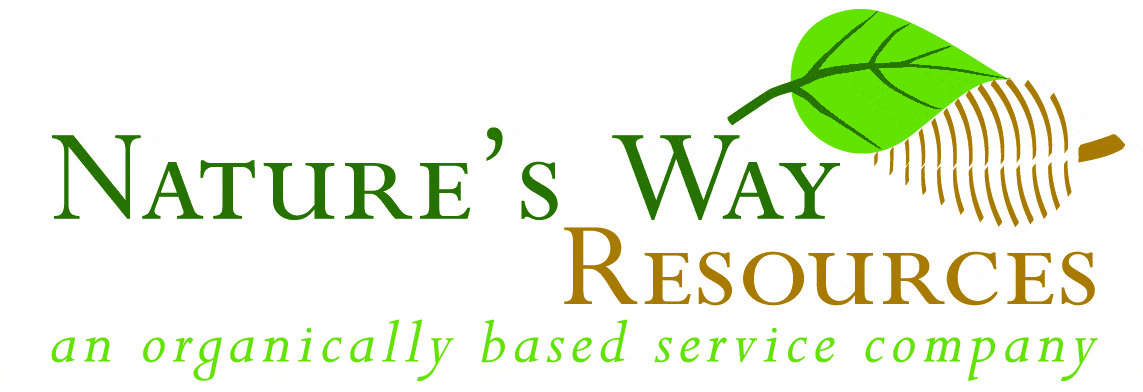John's Corner:
Soil & Plants (Part 151)
News from the Wonderful World of Soil & plants 151
By: John Ferguson
A paper in the Crop Science Association news magazine (2021) was on how climate change is affecting our food crops like carrots.
“Heat stress, salt in irrigation water, rising ocean levels, even the range of disease and insect pests is changing with the climate and temperature”. Researchers are now studying how wild relatives of cultivated plants may help.
For example, carrots are among the top ten vegetables produced globally for its vitamin A and carotenoids content. The flower we know as Queen Anne’s Lace is a wild relative of the carrot. It is often referred to as a wild carrot.
The wild carrot is much more tolerant of heat and stress than its cultivated relatives hence by crossing the wild carrot with modern cultivars they hope to develop a more climate tolerant variety.
We often hear about plastic pollution in the oceans, but what about our soils? A study published in the Journal of Hazardous Materials (2021) has found that micro plastics are contaminating our soil also.
Microplastics are now found in soils all over the world. These microplastics adversely affect not only the soil quality but also the physiology of soil life and in turn, the interaction between soil and plants.
It is known that some sources of microplastics in soil come from using sewage sludge and wastewater to grow and irrigate plants. Run-off water from rain is probably another source, as is breakdown products from plastic mulches.
Many plastic products leach toxic, carcinogenic, and hormone disrupting chemicals from the plastic. These will be absorbed by the plants and hence into our food supply.
Another reason to buy organic, buy from market gardeners or better yet grow as much of one’s own food as possible.
Researchers have discovered another reason to take care of the microbes in our soil. In the Journal of Alzheimer’s Disease (2020) they found a confirmed link between this terrible disease and our gut microbes.
It is well known now that the microbes in our gut are largely responsible for our health or lack of. One of the advantages of being a gardener is that we are constantly being exposed to billions of different microbes. So, the question I will ask is: Do you want to be exposed to a chemically treated, microbe deficient soil, full of pathogens (toxic chemical rescue agriculture) OR use modern organic methods based on soil microbiology that is rich in beneficial microbes?
When we garden in rich soil full of organic matter like compost, and full of trace minerals, we expose ourselves to these beneficial microbes. They are on our hands and clothes, and we breathe them in, replenishing our guts supply of good microbes.
A study in the journal BMC Public Health (2021) has found that there are about 385 million cases of acute poisoning’s each year from pesticides. They compiled data from many countries. These poisonings resulted in 11,000 deaths with 60% occurring in India.
The environmental group “Sustainable Plus” that an estimated 14 million people have died from suicide using pesticides since the Green Revolution in the 1960’s.
Researchers at the University of Washington and University of California have found a new way that plants fight off pests. Studying cowpeas, they discovered a type of receptor on the surface of their cells that can detect a compound in caterpillar saliva and initiate the plants defense system.
In response to leaf wounds (being eaten) and to the presence of a protein found in the caterpillar saliva, the plants boost their production of ethylene. Ethelene is a hormone plants use to protect themselves. Proceedings of the National Academy of Sciences (2021).
Similarly, The Max Planck Institute for Plant Breeding Research found that plants have nucleoid-binding receptors/leucine rich (NLR) proteins that form a layer of defense inside cells to protect against pathogen attack. Science 2020.

